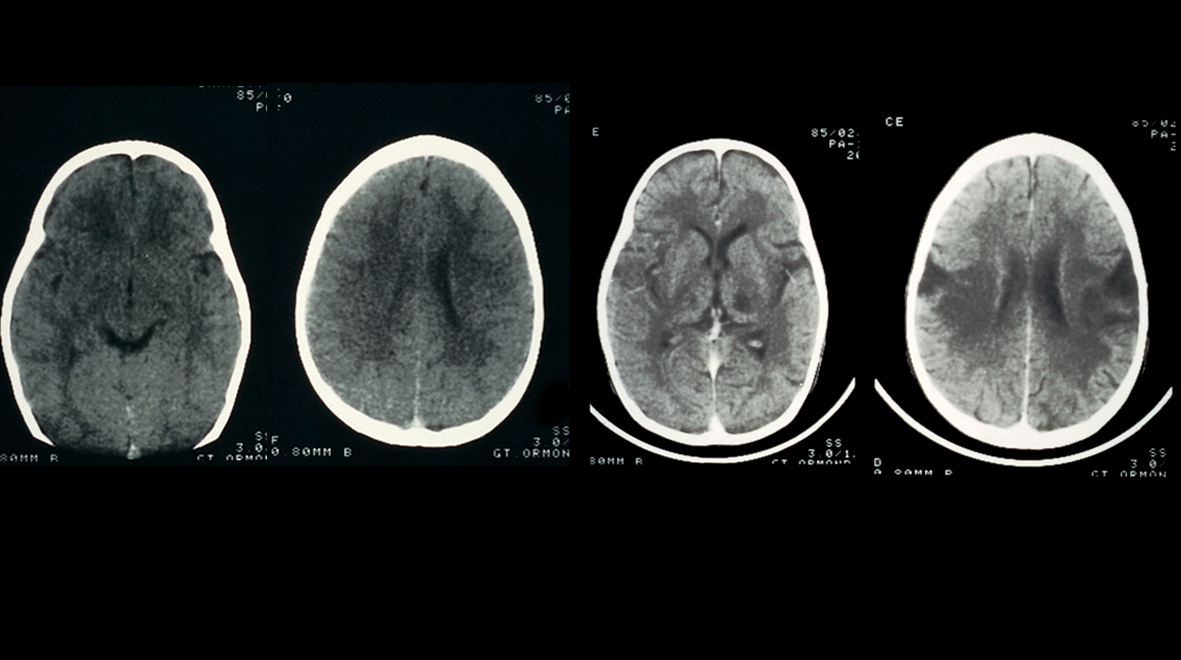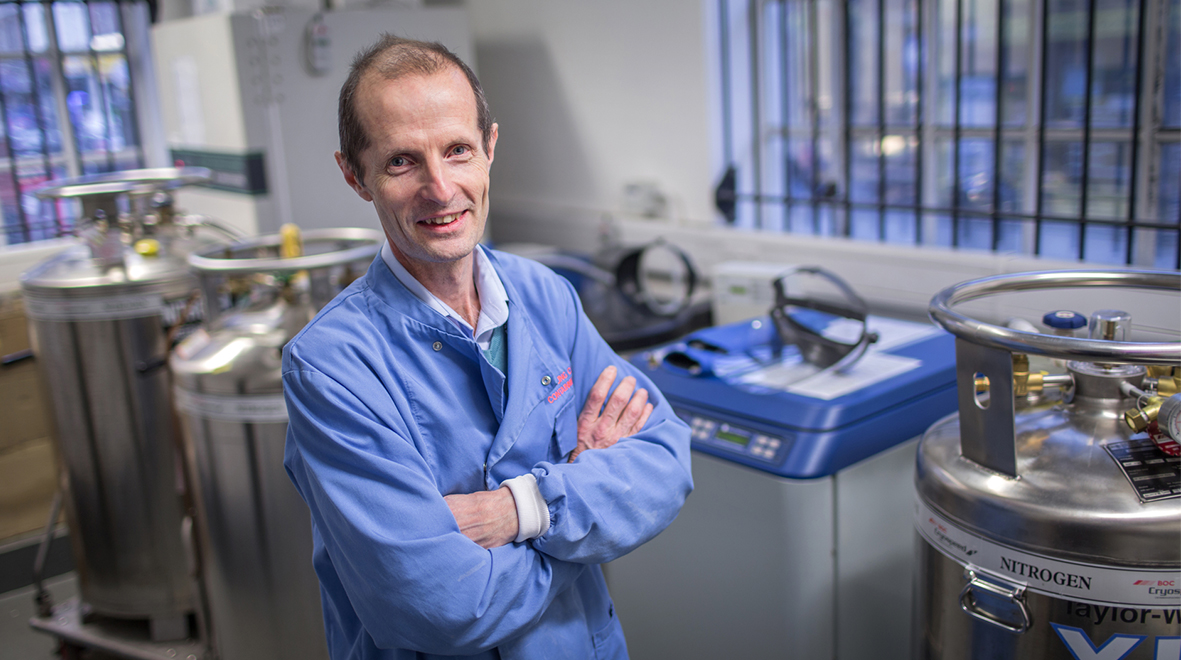Working together, protected together: addressing the challenges of vaccine research
 As the Imperial Network for Vaccine Research launches, Dr Chris Chiu tells us why he’s in pursuit of a collaborative approach for developing new vaccines.
As the Imperial Network for Vaccine Research launches, Dr Chris Chiu tells us why he’s in pursuit of a collaborative approach for developing new vaccines.
Vaccines have been very much in the public eye for a while now, with strong feelings expressed particularly on the side of those who are suspicious of them. As health and scientific professionals, we often try to provide a carefully balanced view but, in this case, it is vitally important that we remember and highlight the massive amount of good that vaccines have done for human health. Once devastating diseases such as smallpox and polio are now gone or almost gone. Vaccines have truly been one of the great triumphs of modern medicine. (more…)



